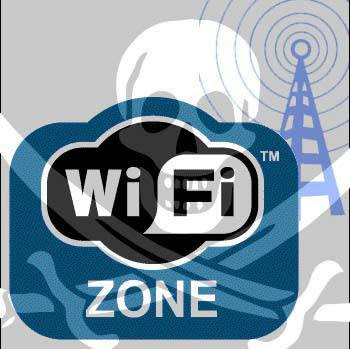Wi-Fi Protected Access (WPA) and Wi-Fi Protected Access II (WPA2) are
two security protocols and security certification programs developed by
the Wi-Fi Alliance
to secure wireless computer networks. The Alliance defined these in
response to serious weaknesses researchers had found in the previous
system, WEP (Wired Equivalent Privacy).
WPA (sometimes referred to as the draft IEEE 802.11i standard) became available in 2003. The Wi-Fi Alliance intended it as an intermediate measure in anticipation of the availability of the more secure and complex WPA2. WPA2 became available in 2004 and is a common shorthand for the full IEEE 802.11i (or IEEE 802.11i-2004) standard.
A flaw in a feature added to Wi-Fi, called Wi-Fi Protected Setup, allows WPA and WPA2 security to be bypassed and effectively broken in many situations.WPA and WPA2 security implemented without using the Wi-Fi Protected Setup feature are unaffected by the security vulnerability.


 0 التعليقات
0 التعليقات